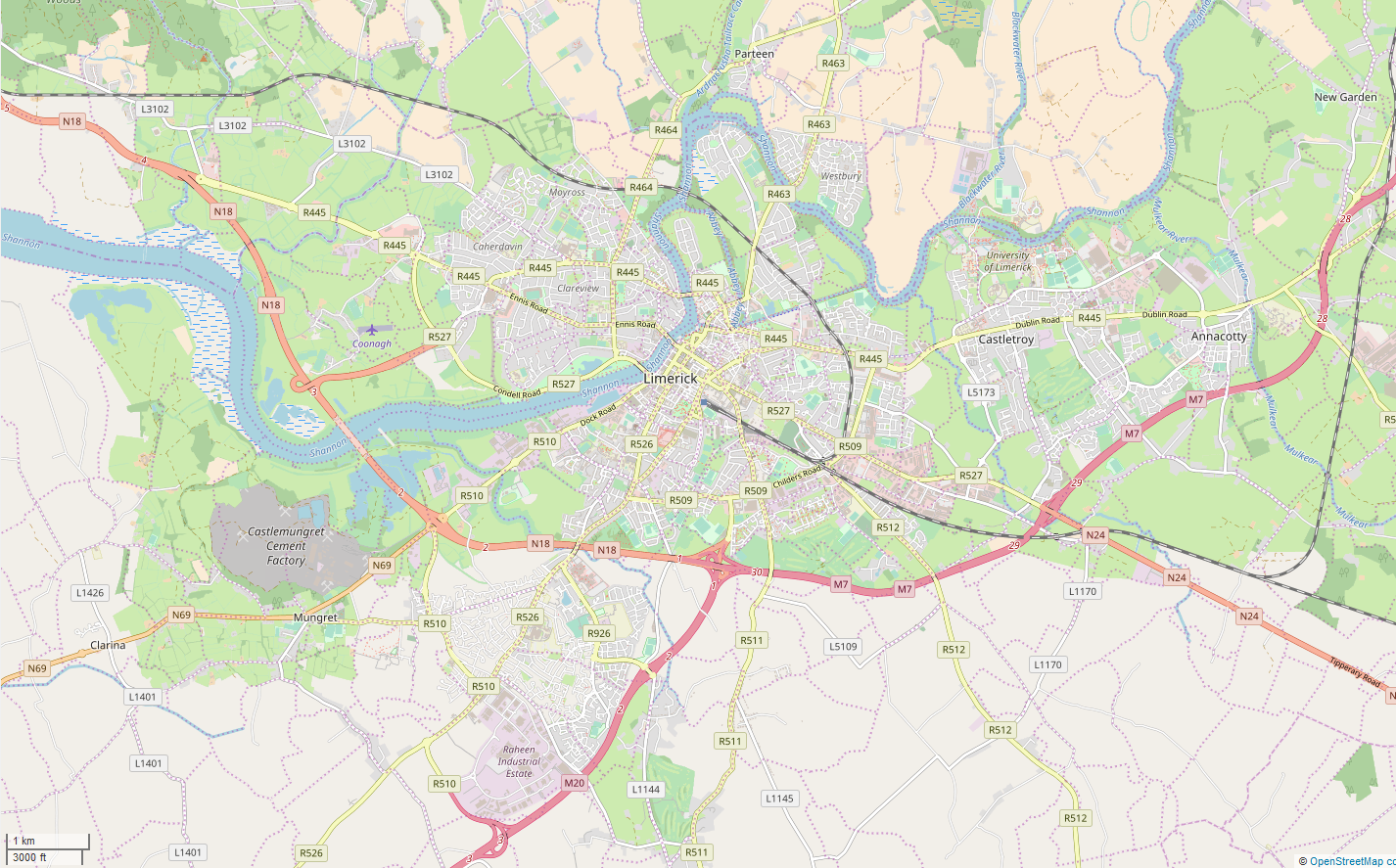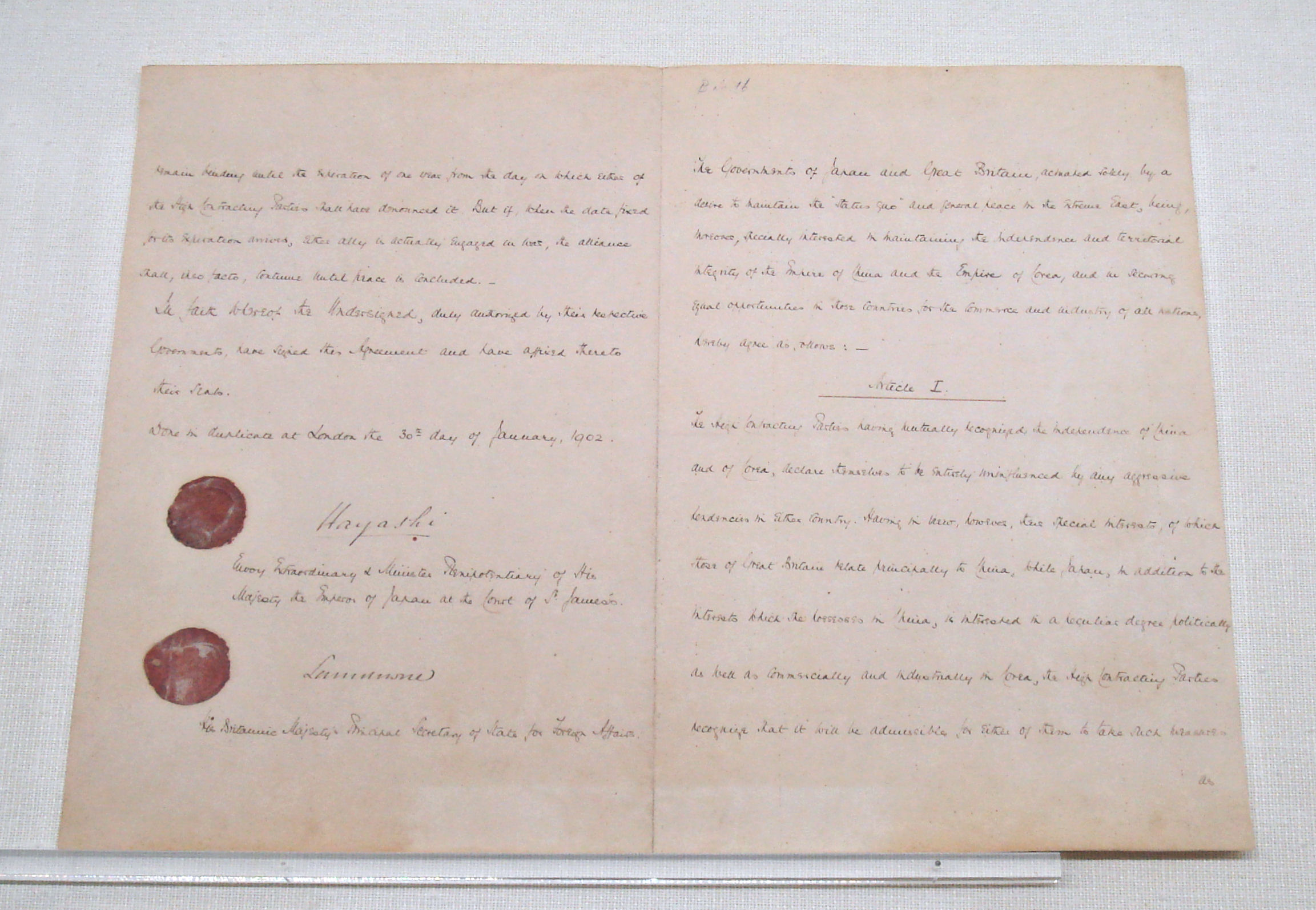|
Margaretta Eagar
Margaretta (or Margaret) Alexandra Eagar (12 August 1863 — 8 August 1936), was an Irishwoman who served as a nanny to the four daughters of Emperor and Empress Nicholas II and Alexandra Feodorovna of Russia, the Grand Duchesses Olga; Tatiana; Maria; and Anastasia—known collectively as OTMA—from 1898 to 1904. In 1906, she wrote a memoir entitled ''Six Years at the Russian Court'' about her time with the family. Early life Eagar was born in Limerick, Ireland on 12 August 1863. She was one of ten children born to a Protestant couple, Francis McGillycuddy Eagar and Frances Margaret Holden. She was trained as a medical nurse in Belfast and worked at one point as matron of an orphanage.Zeepvat, Charlotte, ''From Cradle to Crown: British Nannies and Governesses at the World's Royal Courts'' Time at Court Eagar was appointed nurse to the daughters of Nicholas II in 1898 and remained with them until 1904. Grand Duchess Olga Alexandrovna, an aunt of the girls later recalled E ... [...More Info...] [...Related Items...] OR: [Wikipedia] [Google] [Baidu] |
Limerick
Limerick ( ; ga, Luimneach ) is a western city in Ireland situated within County Limerick. It is in the province of Munster and is located in the Mid-West which comprises part of the Southern Region. With a population of 94,192 at the 2016 census, Limerick is the third-most populous urban area in the state, and the fourth-most populous city on the island of Ireland at the 2011 census. The city lies on the River Shannon, with the historic core of the city located on King's Island, which is bounded by the Shannon and Abbey Rivers. Limerick is also located at the head of the Shannon Estuary, where the river widens before it flows into the Atlantic Ocean. Limerick City and County Council is the local authority for the city. Geography and political subdivisions At the 2016 census, the Metropolitan District of Limerick had a population of 104,952. On 1 June 2014 following the merger of Limerick City and County Council, a new Metropolitan District of Limerick was formed within ... [...More Info...] [...Related Items...] OR: [Wikipedia] [Google] [Baidu] |
Belfast
Belfast ( , ; from ga, Béal Feirste , meaning 'mouth of the sand-bank ford') is the capital and largest city of Northern Ireland, standing on the banks of the River Lagan on the east coast. It is the 12th-largest city in the United Kingdom and the second-largest in Ireland. It had a population of 345,418 . By the early 19th century, Belfast was a major port. It played an important role in the Industrial Revolution in Ireland, briefly becoming the biggest linen-producer in the world, earning it the nickname "Linenopolis". By the time it was granted city status in 1888, it was a major centre of Irish linen production, tobacco-processing and rope-making. Shipbuilding was also a key industry; the Harland and Wolff shipyard, which built the , was the world's largest shipyard. Industrialisation, and the resulting inward migration, made Belfast one of Ireland's biggest cities. Following the partition of Ireland in 1921, Belfast became the seat of government for Northern Ireland ... [...More Info...] [...Related Items...] OR: [Wikipedia] [Google] [Baidu] |
1863 Births
Events January–March * January 1 – Abraham Lincoln signs the Emancipation Proclamation during the third year of the American Civil War, making the abolition of slavery in the Confederate states an official war goal. It proclaims the freedom of 3.1 million of the nation's four million slaves and immediately frees 50,000 of them, with the rest freed as Union armies advance. * January 2 – Lucius Tar Painting Master Company (''Teerfarbenfabrik Meirter Lucius''), predecessor of Hoechst, as a worldwide chemical manufacturing brand, founded in a suburb of Frankfurt am Main, Germany. * January 4 – The New Apostolic Church, a Christian and chiliastic church, is established in Hamburg, Germany. * January 7 – In the Swiss canton of Ticino, the village of Bedretto is partly destroyed and 29 killed, by an avalanche. * January 8 ** The Yorkshire County Cricket Club is founded at the Adelphi Hotel, in Sheffield, England. ** American Civil War – ... [...More Info...] [...Related Items...] OR: [Wikipedia] [Google] [Baidu] |
Pierre Gilliard
Pierre Gilliard (16 May 1879 – 30 May 1962) was a Swiss academic and author, best known as the French language tutor to the five children of Emperor Nicholas II of Russia from 1905 to 1918. In 1921, after the Russian Revolution of 1917, he published a memoir, ''Thirteen Years at the Russian Court'', about his time with the family. In his memoirs, Gilliard described Tsarina Alexandra's torment over her son's hemophilia and her faith in the ability of starets Grigori Rasputin to heal the boy. Biography Pierre Gilliard was born on 16 May 1879 in Fiez, Switzerland. In his memoirs, Gilliard wrote that he initially came to Russia in 1904 as a French tutor to the family of Duke George of Leuchtenberg, a cousin of the Romanov family. He was recommended as a French tutor to the Tsar's children and began teaching the elder children, Grand Duchesses Olga and Tatiana Nikolaevna of Russia in 1905. He grew fond of the family and followed them into internal exile at Tobolsk, Siberia ... [...More Info...] [...Related Items...] OR: [Wikipedia] [Google] [Baidu] |
Sydney Gibbes
Charles Sydney Gibbes (19 January 1876 – 24 March 1963) was a British academic who from 1908 to 1917 served as the English tutor to the children of Emperor Nicholas II of Russia. When Nicholas abdicated the throne in March 1917 Gibbes voluntarily accompanied the Imperial family into exile to the Siberian city of Tobolsk. After the family was murdered in 1918 Gibbes returned to the United Kingdom and eventually became an Orthodox monk, adopting the name of ''Nicholas'' in commemoration of Nicholas II. He died in 1963, and is buried at Headington cemetery, Oxford, Oxfordshire, England. Biography Charles Sydney Gibbes was born in Rotherham, Yorkshire, England on 19 January 1876. He was the youngest surviving son of John Gibbs, a bank manager, and Mary Ann Elizabeth Fisher, the daughter of a watchmaker. The fate of a younger son often being to enter the church, at the behest of his father, he took the Moral Sciences Tripos at St John's College, Cambridge, gaining a BA in 18 ... [...More Info...] [...Related Items...] OR: [Wikipedia] [Google] [Baidu] |
Nursing Home
A nursing home is a facility for the residential care of elderly or disabled people. Nursing homes may also be referred to as skilled nursing facility (SNF) or long-term care facilities. Often, these terms have slightly different meanings to indicate whether the institutions are public or private, and whether they provide mostly assisted living, or nursing care and emergency medical care. Nursing homes are used by people who do not need to be in a hospital, but cannot be cared for at home. The nursing home facility nurses have the responsibilities of caring for the patients' medical needs and also the responsibility of being in charge of other employees, depending on their ranks. Most nursing homes have nursing aides and skilled nurses on hand 24 hours a day. In the United States, while nearly 1 in 10 residents age 75 to 84 stays in a nursing home for five or more years, nearly 3 in 10 residents in that age group stay less than 100 days, the maximum duration covered by Medicare, ... [...More Info...] [...Related Items...] OR: [Wikipedia] [Google] [Baidu] |
Anglo-Japanese Alliance
The first was an alliance between Britain and Japan, signed in January 1902. The alliance was signed in London at Lansdowne House on 30 January 1902 by Lord Lansdowne, British Foreign Secretary, and Hayashi Tadasu, Japanese diplomat. A diplomatic milestone that saw an end to Britain's "Splendid isolation" (a policy of avoiding permanent alliances), the Anglo-Japanese alliance was renewed and expanded in scope twice, in 1905 and 1911, playing a major role in World War I before the alliance's demise in 1921 and termination in 1923. The main threat for both sides was from Russia. France was concerned about war with Britain and, in cooperation with Britain, abandoned its ally, Russia, to avoid the Russo-Japanese War of 1904. However, Britain siding with Japan angered the United States and some British dominions, whose opinion of the Empire of Japan worsened and gradually became hostile. Motivations and reservations The possibility of an alliance between Great Britain and Jap ... [...More Info...] [...Related Items...] OR: [Wikipedia] [Google] [Baidu] |
Russo-Japanese War
The Russo-Japanese War ( ja, 日露戦争, Nichiro sensō, Japanese-Russian War; russian: Ру́сско-япóнская войнá, Rússko-yapónskaya voyná) was fought between the Empire of Japan and the Russian Empire during 1904 and 1905 over rival imperial ambitions in Manchuria and the Korean Empire. The major theatres of military operations were located in Liaodong Peninsula and Mukden in Southern Manchuria, and the Yellow Sea and the Sea of Japan. Russia sought a warm-water port on the Pacific Ocean both for its navy and for maritime trade. Vladivostok remained ice-free and operational only during the summer; Port Arthur, a naval base in Liaodong Province leased to Russia by the Qing dynasty of China from 1897, was operational year round. Russia had pursued an expansionist policy east of the Urals, in Siberia and the Far East, since the reign of Ivan the Terrible in the 16th century. Since the end of the First Sino-Japanese War in 1895, Japan had feared Russian en ... [...More Info...] [...Related Items...] OR: [Wikipedia] [Google] [Baidu] |
Judiciary Of Russia
The Judiciary of Russia interprets and applies the law of Russia. It is defined under the Constitution and law with a hierarchical structure with the Constitutional Court and Supreme Court at the apex. The district courts are the primary criminal trial courts, and the regional courts are the primary appellate courts. The judiciary is governed by the All-Russian Congress of Judges and its Council of Judges, and its management is aided by the Judicial Department of the Supreme Court, the Judicial Qualification Collegia, and the Ministry of Justice, and the various courts' chairpersons. And although there are many officers of the court, including jurors, the Prosecutor General remains the most powerful component of the Russian judicial system. The judiciary faces many problems and a widespread lack of confidence but has also made much progress in recent times. There have been serious violations of the accepted separation of powers doctrine, systematic attempts to undermine jury ... [...More Info...] [...Related Items...] OR: [Wikipedia] [Google] [Baidu] |
Charles Sydney Gibbes
Charles Sydney Gibbes (19 January 1876 – 24 March 1963) was a British academic who from 1908 to 1917 served as the English tutor to the children of Emperor Nicholas II of Russia. When Nicholas abdicated the throne in March 1917 Gibbes voluntarily accompanied the Imperial family into exile to the Siberian city of Tobolsk. After the family was murdered in 1918 Gibbes returned to the United Kingdom and eventually became an Orthodox monk, adopting the name of ''Nicholas'' in commemoration of Nicholas II. He died in 1963, and is buried at Headington cemetery, Oxford, Oxfordshire, England. Biography Charles Sydney Gibbes was born in Rotherham, Yorkshire, England on 19 January 1876. He was the youngest surviving son of John Gibbs, a bank manager, and Mary Ann Elizabeth Fisher, the daughter of a watchmaker. The fate of a younger son often being to enter the church, at the behest of his father, he took the Moral Sciences Tripos at St John's College, Cambridge, gaining a BA in ... [...More Info...] [...Related Items...] OR: [Wikipedia] [Google] [Baidu] |


.png)







